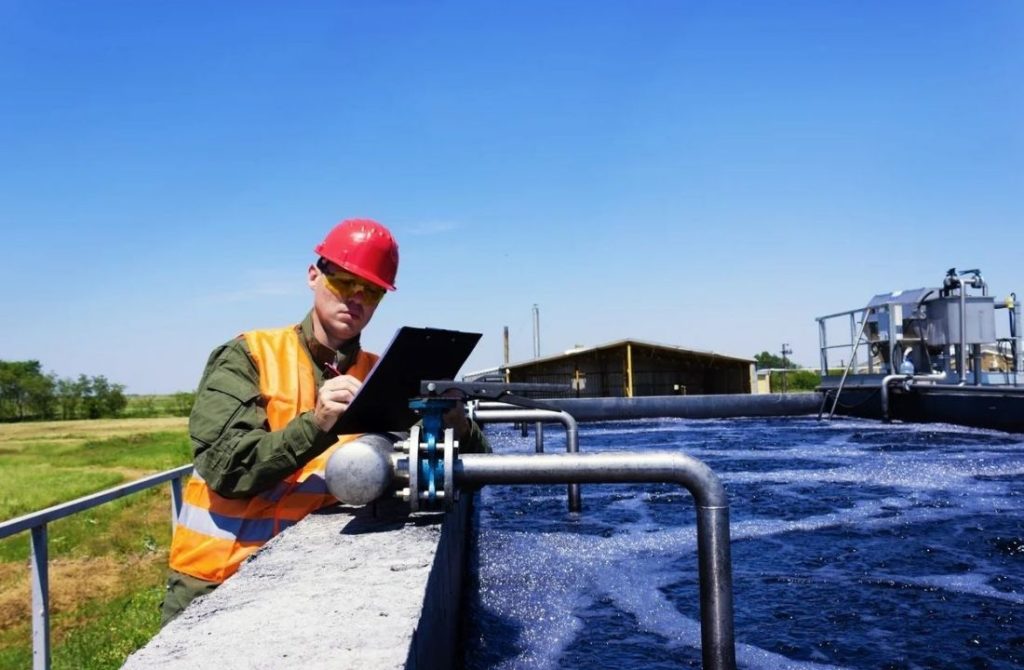Many businesses assume that they’re being correctly charged for utilities, but the reality is that a lot of businesses are being overcharged. Getting regular utility billing audits is an important step to take to ensure that your company isn’t spending more than it should be. Each utility has a range of ways in which customers can get overcharged. In this article, we’ll talk specifically about the types of things our water and sewer billing audit services may find that can save you money.
Water and Sewer Utility Audits
Let’s talk briefly about how a water and sewer billing audit works. When you contact us for a free audit of your water and sewer bills, we’ll go to work looking for the types of problems described below. If we find quantifiable ways for you to save money, and you realize those savings, we’ll take a percentage of what you save. Otherwise, we take nothing. A water and sewer billing audit is completely risk-free on your end and could end up saving you thousands of dollars.
Types of Overcharges a Water and Sewer Billing Audit Can Find

Listed below are four types of charges that can push your water and sewer bills higher than they should be. This isn’t an exhaustive list. It simply outlines the most common ways that a water and sewer billing audit can save you money.
1. PROBLEMS WITH RATES
A common problem revealed by a utility audit is that the utility company is charging customers a higher rate than it should be. These types of problems can reveal overcharges that go back years. This can result in a substantial refund for the affected business.
- The company applies the wrong rate: Most water and sewer bills have different rate categories according to usage. Clerical errors and other oversights can result in the wrong rate being applied to a bill and the customer not getting a discount that they should have received.
- The wrong rate classification being used: Similarly to different rates for usage, there are also different categories of water and sewer customers. Common categories are residential, commercial, and industrial, though some utilities may have further distinctions.
2. PROBLEMS WITH SERVICES RENDERED
Sometimes the correct rate is charged, but a water and sewer billing audit will reveal that the customer has been charged for utilities that they didn’t actually use. A number of problems can result in a water or sewer bill having inflated usage.
- The meter is being read incorrectly: Meters aren’t often read manually anymore. But they still rely on their electronic reporting devices having proper calibration. Uncalibrated equipment is a frequent problem, resulting in a meter that charges for more than what the customer is using.
- The meter breaks: Meters break over time. A meter that starts off calibrated correctly may still develop a malfunction that causes it to read incorrectly. Broken meters can result in significantly higher bills.
- The meter is the wrong size: Every water and sewer meter is designed to be fed by a pipe of a certain size. However, it isn’t uncommon for the wrong size pipe to be matched with the meter. When this happens, the meter will no longer accurately reflect the actual usage.
- Water usage is being estimated inaccurately: Sometimes, a water and sewer bill isn’t measured using a meter at all. In these instances, the usage is simply an estimate based on a number of factors. While the estimates can be accurate, they also don’t account for edge cases that don’t match their formula.
- The company is estimating sewer usage inaccurately: Most companies don’t meter sewer usage. Instead, utilities work on the assumption that most water used will eventually end up down the drain. This assumption doesn’t account for sprinkler systems and other uses that consume a lot of water without putting strain on the sewer.
3. OTHER BILLING ERRORS
There are a number of other issues that result in a bill that doesn’t align with the price that should have been charged to the customer. A regular audit program will help identify these issues, as well.
- Tax is being applied when it shouldn’t be: Some organizations are entitled to a tax reduction or elimination. However, if the company doesn’t properly apply the exemption, taxes stay on the bill.
- Companies apply late fees when they shouldn’t: Late fees can encourage customers to pay their bills on time. However, companies sometimes erroneously apply late fees to an account.
- Incorrect bill times: Sometimes, changes in billing policy and other errors can result in bills that overlap. Then the company is charging the customer twice for the same usage. Similar errors can also result in duplicate bills.
4. ON-SITE PROBLEMS
In some cases, there isn’t a problem with the bill at all. But the customer is still paying more on their water and sewer bill than they should be. An example is the utilization of devices that aren’t efficient in their water use. But there is one common problem that sneaks past businesses and artificially inflates their water and sewer bills:
- Water leaks: Even a slow drip can add up to significantly higher bills over time. Depending on where the water leak is located, it could be much more than a slow leak. When everything else in a water and sewer bill audit appears correct, but the bills still seem unusually high, a water leak may be at fault.
Final Thoughts on Reducing Excess Charges With a Sewer Billing Audit
While some billing errors are easily visible, others remain hard to find. By hiring a professional utility audit service like TruPowur’s Util Auditors, you’ll be sure to uncover every dollar of savings available.
Our team of experts has extensive knowledge about hidden charges in water and sewer systems, as well as a range of other utility services. By combining that knowledge with a thorough methodology, we can quickly conduct an analysis of your utility bills and contracts. Then we can discover where you can save money. Because you only receive a bill if we save you money, you have nothing to lose. So contact us today to see how much your business is overspending on utilities.

